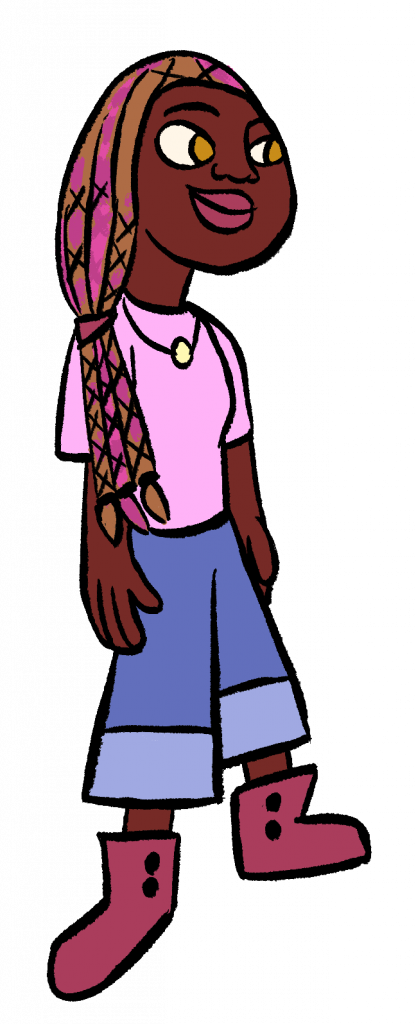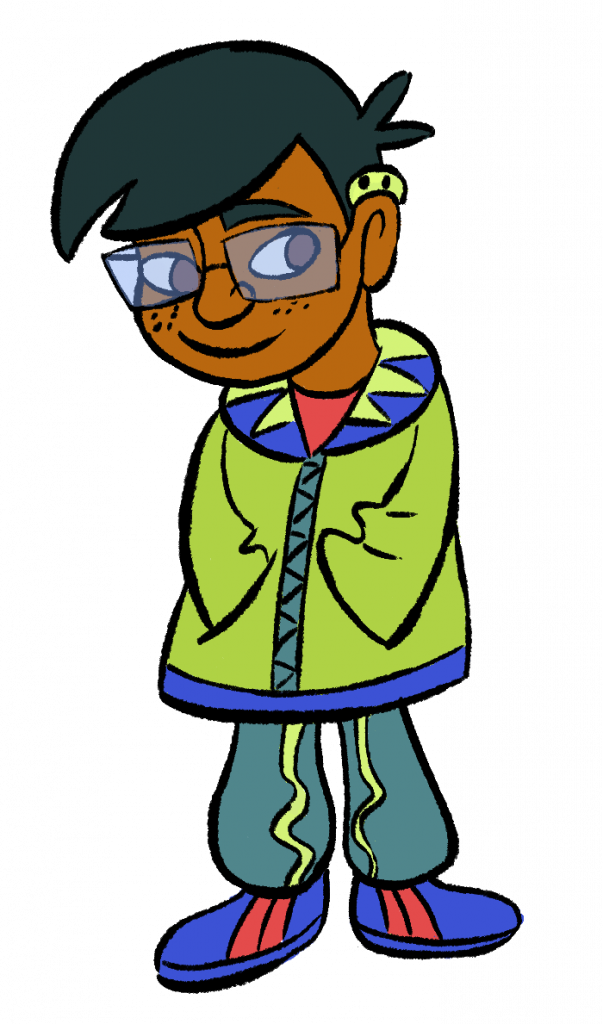
To start with, give us a call and talk to an Advocate. They will be able to talk to you to work out the best way to help with your concerns.
Contact with Advocates is usually over the phone, but sometimes an Advocate might be able to meet with you face to face, if this is how you feel most comfortable.
You are also welcome to visit our office. If you would like to visit, it is a good idea to call us first so we can make sure an Advocate will be available to see you when you get here.
We have an Advocate for Aboriginal children, Shaylem Wilson.
If you are a child or young person in care or detention and you identify as Aboriginal, you are very welcome to contact us and ask to speak with Shaylem.
If you contact us and speak with another Advocate, they will ask you if you would like to speak with an Advocate for Aboriginal Children and can organise a time for you to do this.
If you are a young person who is feeling unsafe, you can talk to your DCP case worker, or their supervisor. If you don’t feel like you can talk to them, or they haven’t been able to change things for you, you can contact the DCP Central Complaints Unit who will take further steps to try to help. You can call them on 1800 003 305.
You can also contact us. An Advocate will talk to you about what is making you feel scared or unsafe and will work with you to find the best way to help.
It is understandable to sometimes feel worried or nervous about going to a meeting. If you think you will need support to use your voice and manage the feelings that might come up, have a think about whether there is safe adult that you already know and trust who could attend with you (like a counsellor, therapist, mentor, carer, or family member).
If you can’t think of someone you already know who can help, you can phone us and speak with an Advocate. They can talk with you about your worries and help you identify the best support person, which may be one of our Advocates.
We hear from lots of children and young people about how special and important it is to see their siblings. As a child or young person in care, it is your right to keep in contact with the people who help you feel good about yourself.
The first thing to do is talk to your DCP case worker. If you have done this, and they haven’t been able to help, you can ask to talk to their supervisor. You can also phone us and speak with an Advocate. They can talk with you about the other steps you can take to ask for more contact with your siblings.
As a child or young person in care, it is your right to understand and have a say in the decisions that affect you. If you are not happy with a decision your case worker has made, you can ask to talk with their supervisor about it.
If you are still unhappy, you can contact the DCP Central Complaints Unit on 1800 003 305, to ask that someone else review the decision for you. You might also be able to ask for the decision to be reviewed by the South Australian Civil and Administrative Tribunal (SACAT).
If you need some help to understand what you can do about a decision you disagree with, you can ask an adult that you trust, or you can phone us to speak with an Advocate.
We can’t always help with the day-to-day rules and routines that your carers and case worker decide about.
We are here to listen to you and try to help when things are happening that affect your safety and wellbeing in care.
If you haven’t been able to work things out with your carers about those sorts of rules, the next person you should talk to is your DCP case worker. If your case worker hasn’t been able to help, or is not available when you need them, you can ask to speak with their supervisor or someone else in the office.
If you are still not happy, you can contact the DCP Central Complaints Unit on 1800 003 305 to make a complaint.
If you live in residential care, you can go straight to the DCP Central Complaints Unit to make a complaint. (You don’t have to try to work things out yourself first).
We cannot help with requests for a new DCP case worker.
If you are having problems working with your case worker, you can ask to speak with their supervisor on the phone or in a face-to-face meeting. If you need support, you could ask a safe adult that you trust to help you have this conversation. If you’re not sure who can support you, you can phone us and speak with an Advocate, who can help you identify the best person to help.
If you can’t resolve things this way, you can contact the DCP Central Complaints Unit on 1800 003 305 to make a complaint.
As a child or young person in care, it is your right to receive regular support and contact from your case worker.
If this is not happening, you can ask your carers, or another adult you trust, to help you contact your case worker. If your case worker is not available when you need them, you can ask to speak with their supervisor or another DCP worker who is in the office.
If things don’t get better, you can phone the DCP Central Complaints Unit on 1800 003 305 to make a complaint.
You can also phone us and speak with an Advocate, who might be able to help you get in contact with someone at DCP.


